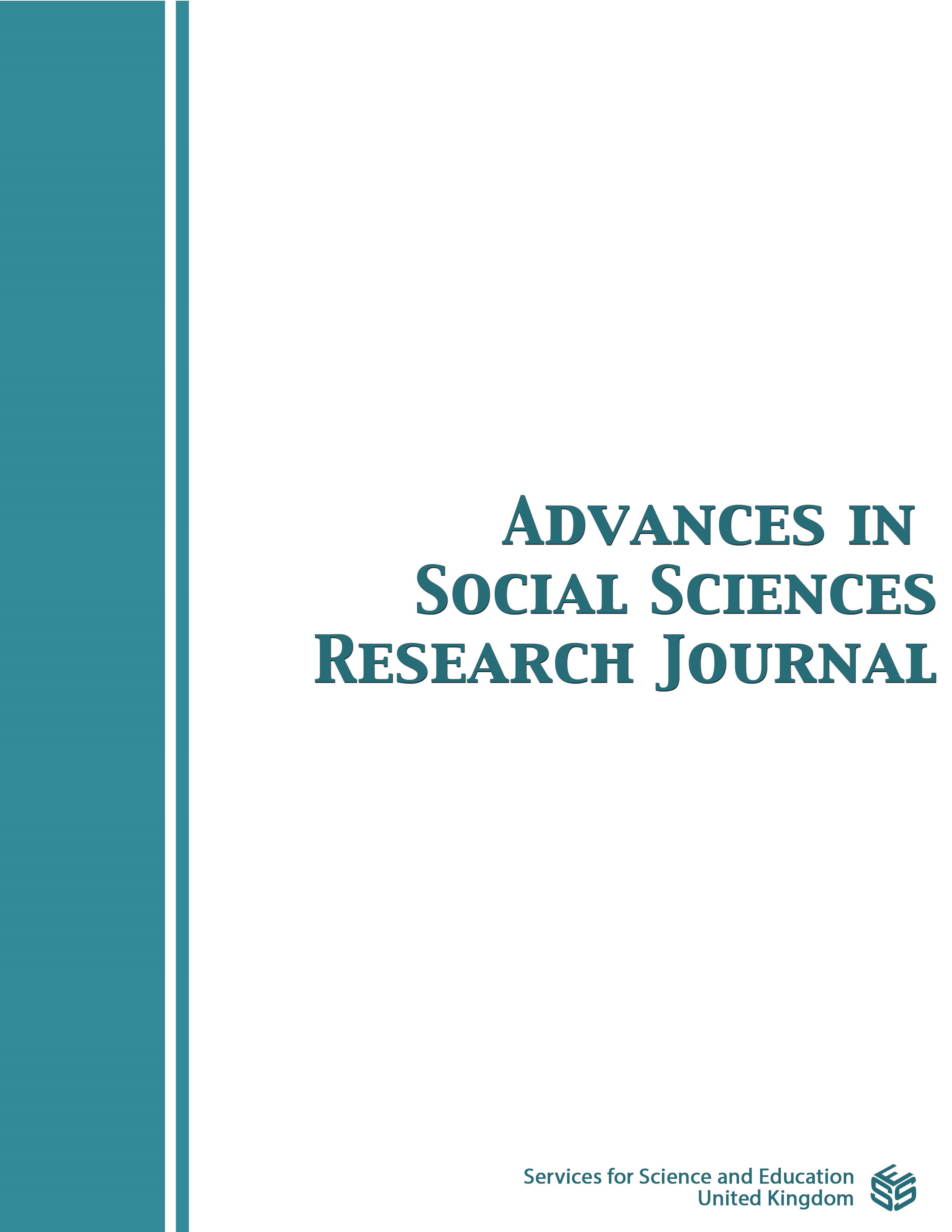Empowering Bumiputra SMEs Through Intellectual Capital: Lessons from a Developing Nation
DOI:
https://doi.org/10.14738/assrj.112.2.16410Keywords:
SME, Bumiputra, intellectual capital, performanceAbstract
Small and medium-sized enterprises (SMEs) play a vital role in the economic development of countries by contributing to the expansion of the export sector's GDP, generating a significant number of employment opportunities, and promoting the development of social infrastructure. Despite their crucial role, SMEs in Malaysia have not received sufficient attention in terms of intellectual capital research. This study aims to address this gap in the current literature by examining the intellectual capital of Bumiputra SMEs in a developing country. The primary objective of this study is to assess the impact of intellectual capital components on the performance of Bumiputra SMEs. The data gathering process will involve qualitative techniques, specifically NVivo-facilitated interview sessions. The insights derived from these sessions will provide SME firm owners with a comprehensive understanding of how intellectual capital influences company performance, empowering them to make informed decisions. This study relies on two firm owners as the main sources of information during the interview sessions. The findings reveal that various elements of intellectual capital, such as human capital, structural capital, customer capital, social capital, technological capital, and spiritual capital, significantly influence the commercial performance of Bumiputra SME entrepreneurs. The study's conclusions have a notable and positive impact on the theoretical and practical aspects of Bumiputra SME businesses by expanding the understanding of how intellectual capital serves as a strategic asset for SMEs and by incorporating resource-based, knowledge-based, and social capital frameworks. The decision of employing only a small number of participants was determined by limitations on time, money, and accessibility. Nevertheless, only a small number of representations can yield significant results, particularly in qualitative studies where data accuracy and breadth are crucial.
Downloads
Published
How to Cite
Issue
Section
License
Copyright (c) 2024 Maryam Jameelah Mohd Hashim, Idris Osman, Mohd Rahim Khamis

This work is licensed under a Creative Commons Attribution 4.0 International License.
Authors wishing to include figures, tables, or text passages that have already been published elsewhere are required to obtain permission from the copyright owner(s) for both the print and online format and to include evidence that such permission has been granted when submitting their papers. Any material received without such evidence will be assumed to originate from the authors.






